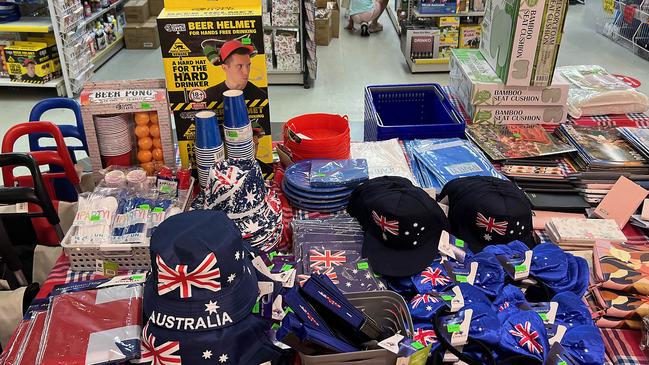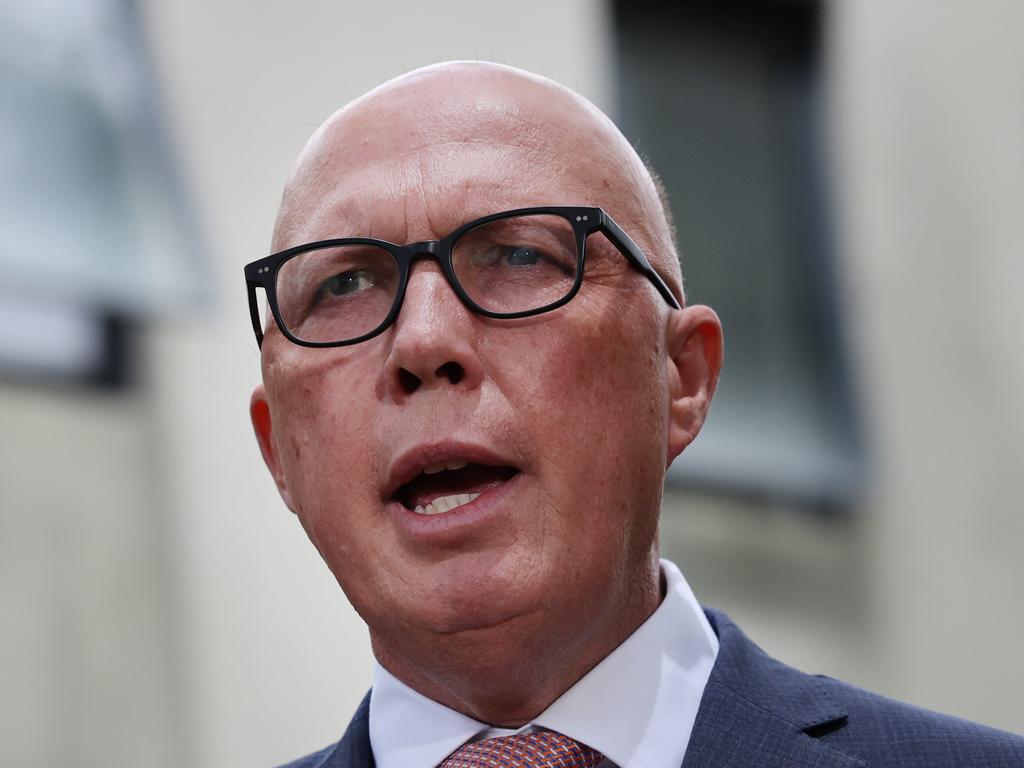Shareholders should be alarmed because we are watching a rare illustration of how the democratic system can take control when the major political parties believe the capital system has broken down.
Accordingly, the directors of Woolworths (and Coles) need to wake up that the major parties now believe such a breakdown has taken place in the supermarket industry.
Anthony Albanese’s warning was blunt: “I think the problem for the big supermarket chains is that when people look at the prices they are paying farmers and then look at the prices they are charging … people can see there is a discrepancy there.
“People look at the profits the supermarkets are making; people know there is effectively a big duopoly who have considerable market power”.
The Opposition are making statements that, if anything, go further.
And the Coalition have not forgotten that Woolworths directors and top managers played politics and incorporated their (legitimate) personal views into a Woolworths’ corporate strategy that not only opposed Coalition policy, but was also different to the views of the majority of its customers.
Opposition leader Peter Dutton recently called for consumers to boycott Woolworths because it refused to sell Australia Day merchandise.
Boycotts rarely work in Australia, but the combined anti-Woolworths views of both the government and Opposition – backed by the Greens – create a unique and dangerous situation for the former icon.

In today’s world, when the political system believes that something is wrong, it launches an inquiry, expecting it will confirm the political conclusions and offer solutions.
But the fury against Woolworths is so deep there are now at least four looming inquiries into supermarket practices and its ‘London to a brick’ that at least one and probably all will either correctly or incorrectly conclude that both the farmers and public are being ripped off.
And there will be two broad solutions – slash supermarket profits or demand Woolworths and Coles completely change the way they operate and be totally transparent while embracing new management systems to slash costs.
Unless Woolworths wake up to what is happening, one or all of the committees – likely backed by legislation – will act like directors.
I do not favour such a solution, but that’s what happens when boards take their eye off the ball.
Back in history, Woolworths was not much more than a Sydney-based food retailer.
A series of superb chief executives, backed by excellent boards and chairmen, turned the company into a national icon with some 37 per cent of the market.
Maintaining national icon status requires providing good, low-cost service to customers and staying out of divisive politics.
Our former greatest national icon, Qantas, not only let its service standard slip but, like Woolworths, began playing politics.
As a result, it lost its icon status.
I wrote extensively about Qantas last year, and it will be an important subject in 2024.
I don’t think Woolworths let its service slip, but like Qantas it decided that it would back the Yes case in the referendum despite the fact that around 60 per cent of Australians voted against it.
Woolworths has lost touch, and that lack of community sensitivity meant that it did not realise that the huge gap between what farmers are paid and what consumers pay was not sustainable.
The latest political polling from Morgan shows that when the inflation rate falls, government support rises.
The Opposition needs to find a situation where the government is not being strong enough in clamping food prices and therefore boosting the cost of living.
The four inquiries into the practices of supermarkets – read Woolworths – will not want to miss this ‘king’ political tide.

The first inquiry body is headed by former ALP minister Craig Emerson, who has been appointed by the Albanese government to lead a review of the Food and Grocery Code of Conduct to ensure that the supermarket sector is working as it should.
The reference has been worded in a way that would make it very easy for Emerson to not require any substantial reduction in Woolworths’ margins or current practices.
But given the Prime Minister’s latest statement, a ‘cover-up’ report is not likely.
In addition, Treasurer Jim Chalmers does not want to be left out of the action and is considering whether to grant the Australian Competition and Consumer Commission powers to compel the supermarkets to reveal what they pay for products.
This will be demanded by the other committees, so looks to be a duplication.
If Chalmers really wants to contribute, he should block the Albanese plan to strip the ACCC’s other powers that could allow unions and truck companies to form a cartel to lift prices.
Thirdly, there is a Greens-sponsored Senate inquiry.
Politicians in most of these Senate inquiries are simply not doing enough homework and the inquiries are becoming a waste of time.
But given the intense activity taking place, I am told this Senate inquiry may actually consider radical recommendations on how to slash Woolworths’ operating costs.
Fourth, there is the ‘Alan Fels’ inquiry in association with the ACTU.
The ACTU wants Fels to investigate allegations of unfair market practices by supermarkets. It aims to gather evidence of potential anticompetitive behaviour that could be harmful to both workers and consumers.
It is no secret that Fels believes there is too much concentration in the supermarket area and after such a long period with the Prices Justification Tribunal and the ACCC, he has more knowledge of supermarket pricing than anyone outside of the retailers themselves.
Why unions want to reduce supermarket margins is hard to fathom because it could impact workers’ wages.
Fels needs to not only force disclosure, but join the Senate is devising operating solutions. Obviously, we will have to wait and see just how strong the Fels report will be. It could be very strong.
There maybe even be inter-committee competition over which inquiry can come up with the harshest “medicine” for Woolworths and the supermarkets.
The Coalition believes Woolworths needs to be taught a lesson and will likely demand the government takes the harshest recommended action, and it will offer legislative support if that is required.
In that situation, the government would have little choice to but to act.
That’s what happens when boards and managers become sidetracked by personal agendas rather than the challenges facing the company itself
The board and management of Woolworths would have been well advised to keep their head low and take actions that entrenched their icon status by embracing better systems and total transparency.
If shareholders’ pockets are hit because of the committee and legislative responses, then Woolworths investors will require changes to the board and management.
They may also give a clear instruction that the company should cease playing politics to advance the personal views of their board and top management.







Woolworths, like Qantas, is rapidly losing its national icon status.